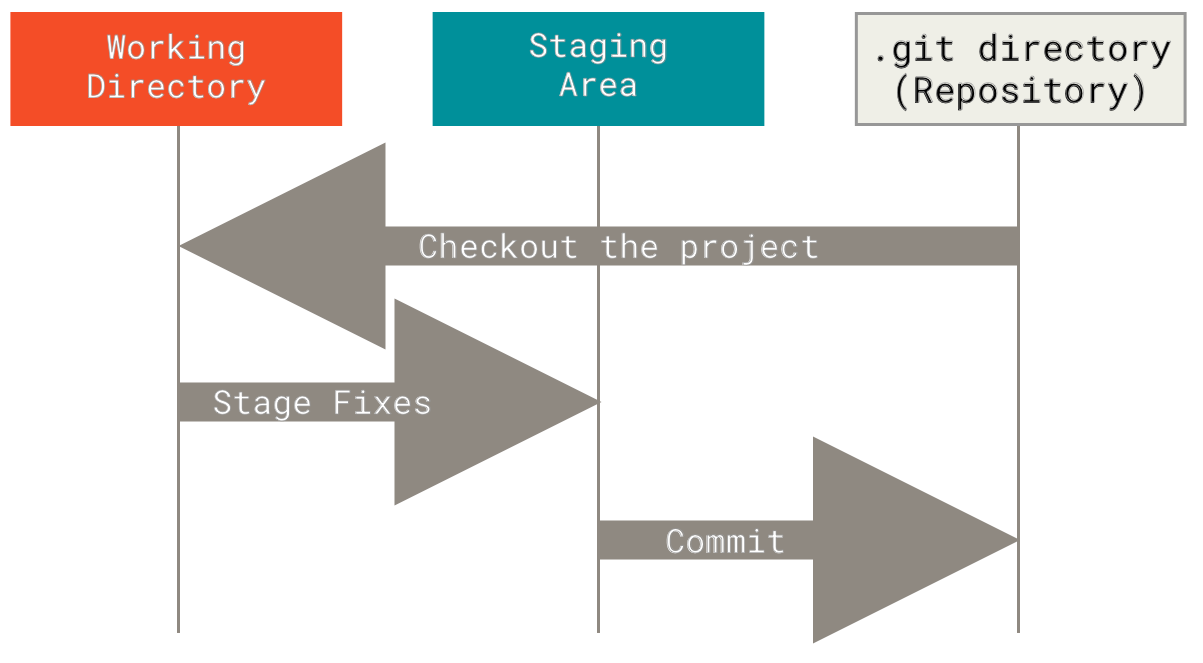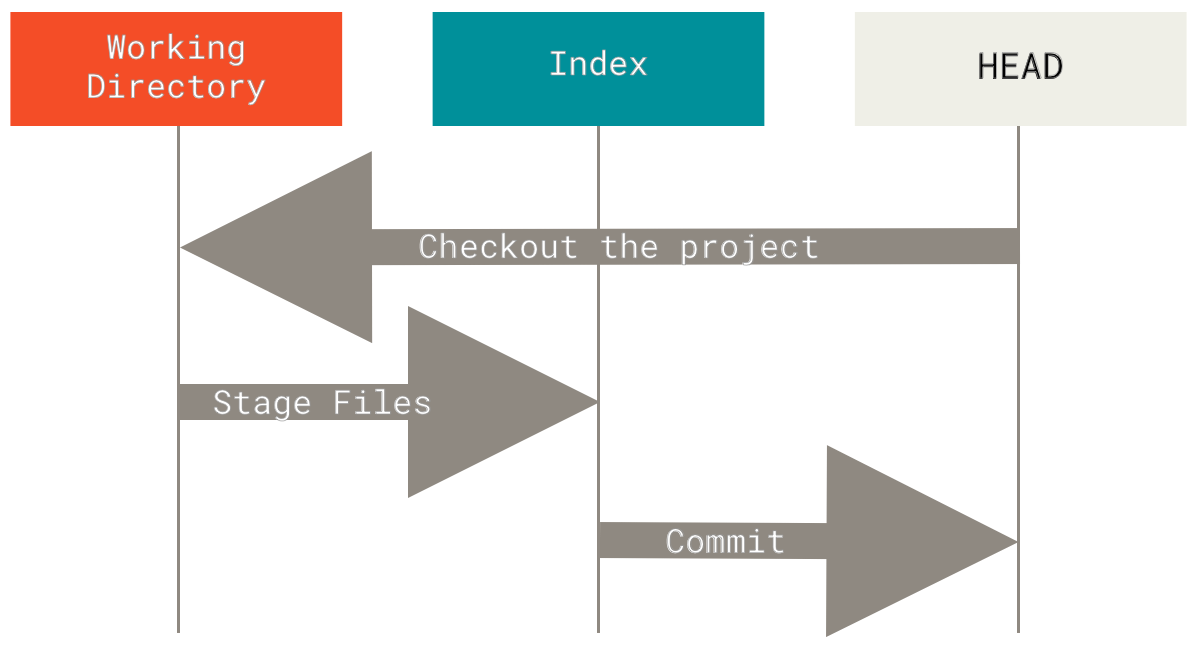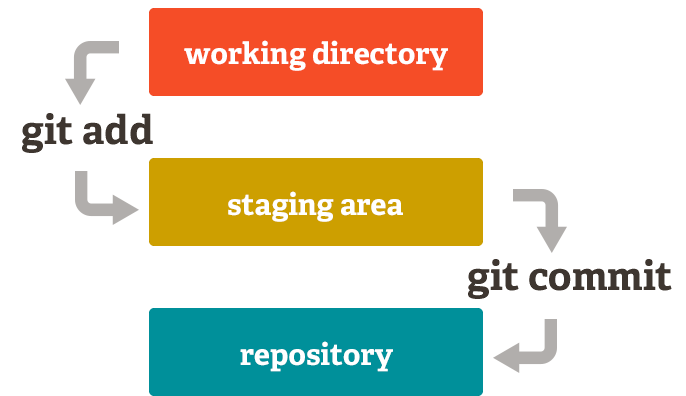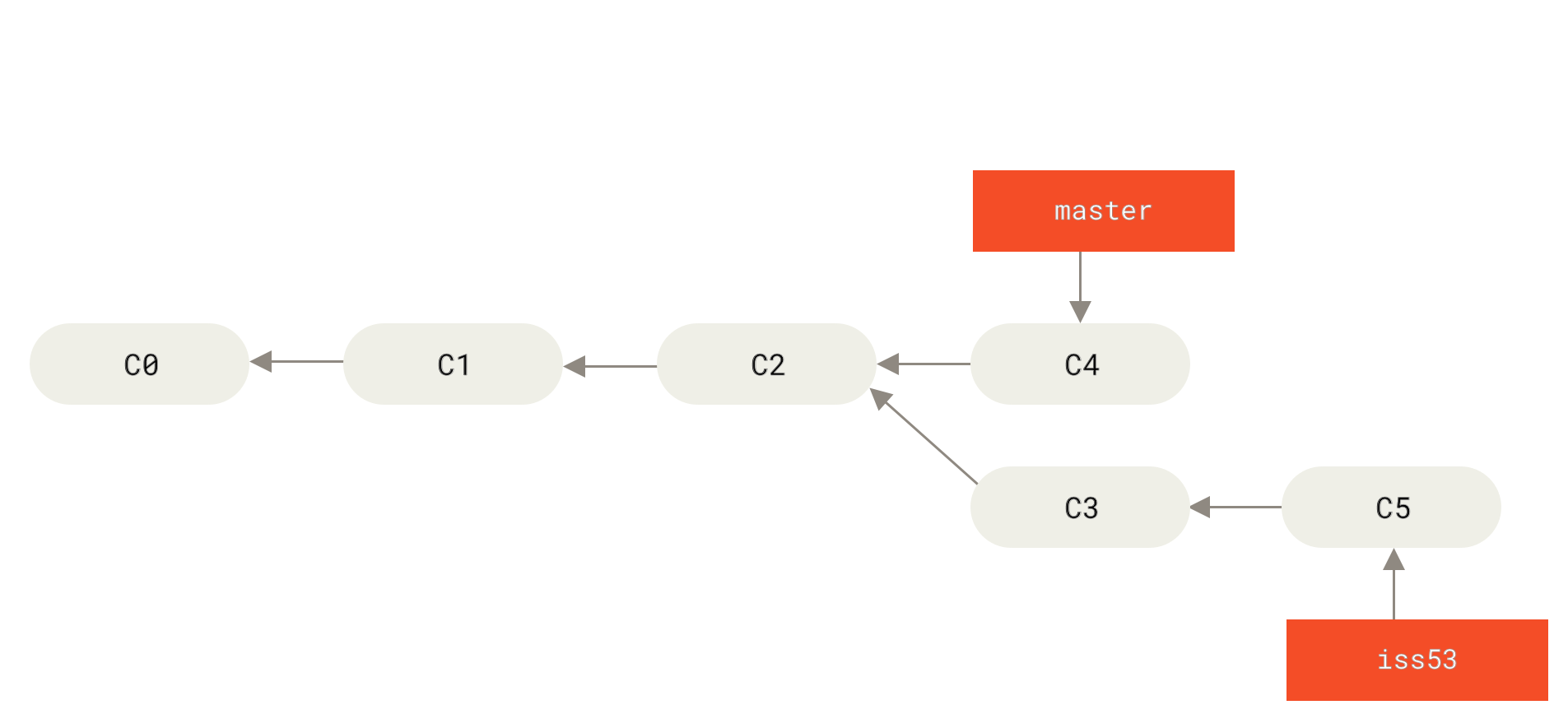Stop with the theory bullshit. Here's what you actually run when you've fucked up your files and need to fix them fast.


Unfuck Your Working Directory
Most common scenario: you changed a bunch of files and realized it was all wrong. Here's how to nuke your changes:
## Restore one file back to HEAD (last commit)
git restore README.md
## Restore multiple specific files
git restore src/main.js package.json .gitignore
## Nuclear option: restore EVERYTHING back to HEAD
git restore .
WARNING: git restore . will destroy ALL your uncommitted changes. There's no undo. I learned this the hard way when I accidentally nuked 3 hours of work because I forgot to commit. Spent the next 2 hours manually recreating changes from memory like a fucking caveman.
Pro tip: Always run git status first to see what you're about to destroy. Better yet, commit your broken code with a temp message like "WIP: debugging memory leak" - you can always amend it later.
Restore from Specific Commits/Branches
Sometimes you need to grab a file from somewhere else in your Git history:
## Get README.md from 3 commits ago
git restore --source=HEAD~3 README.md
## Get config.json from the main branch
git restore --source=main config/config.json
## Get package.json from a specific commit hash
git restore --source=a1b2c3d package.json
## Get all files from a tag (like a release)
git restore --source=v2.1.0 src/
Pro tip: Use `git log --oneline` to find the commit hash you actually want instead of guessing. Check the Git log documentation for more filtering options.
Fix Your Staging Area Fuckups
You git added the wrong files? Here's how to unstage them:
## Unstage a file (equivalent to git reset HEAD file)
git restore --staged config/secrets.json
## Unstage everything you accidentally staged
git restore --staged .
## Restore a staged file to a different version AND unstage it
git restore --staged --worktree --source=HEAD~1 package.json
The --staged flag operates on the index (staging area), not your working files. This trips up a lot of people - read the fucking manual if you're confused about staging vs working directory. The Git index documentation explains the staging area in detail.
Interactive Mode (When You're Not Sure)
Use --patch when you want to restore only SOME changes in a file:
## Pick and choose which changes to restore
git restore --patch src/component.js
This opens an interactive prompt where you can choose which hunks to restore. The interface is ugly as hell (it's from 1995) but it works. Press ? for help, y to restore a hunk, n to skip it. Similar to git add --patch but for restoration. Check the interactive staging guide for more details.
Conflict Resolution During Merges
When you're in the middle of a merge and everything goes sideways:
## Keep your version during a conflict
git restore --ours conflicted-file.txt
## Take their version during a conflict
git restore --theirs conflicted-file.txt
## Recreate conflict markers for manual resolution
git restore --merge conflicted-file.txt
These only work during an active merge. Outside of a merge, they'll give you a cryptic error message:
$ git restore --ours package.json
error: --ours can only be used during a merge
Because Git's error messages are famously helpful. Learn more about merge conflict resolution and git mergetool for better conflict handling.
Git restore is fast on small repos, still slow as hell on massive repos (like the Linux kernel). Performance scales with:
- Number of files being restored
- Size of the files
- How far back in history you're restoring from
Real performance numbers from my projects:
- Small React app (~800 files): Single file restore in 15-30ms, full restore in 0.8 seconds
- Medium Node.js monorepo (~5,000 files): Single file in 45-80ms, full restore in 3.2 seconds
- Large enterprise codebase (~25,000 files): Single file in 150-300ms, full restore takes 12+ seconds
Performance scales with repo size and how far back in history you're restoring from. See Git performance best practices and large file handling for scaling strategies.
Windows (God help you):
- File paths longer than 260 characters will cause
git restore to fail with cryptic errors
- If your path has spaces, Git on Windows sometimes ignores quotes - use
git restore ./path\ with\ spaces/file.txt
- Windows Defender will randomly lock files during restore operations, causing "Permission denied" errors
- WSL2 has its own special way of breaking Git that makes no sense - paths get corrupted between Windows and Linux filesystems
macOS (Marginally better):
- Case-insensitive filesystem means
git restore README.md might restore readme.md instead
- M1 Macs sometimes have path encoding issues with non-ASCII filenames
- Gatekeeper will quarantine restored executables, requiring manual approval
Linux (Works until it doesn't):
- SELinux will block file restoration if contexts are wrong - you'll get "Operation not permitted"
- Network filesystems (NFS, CIFS) have weird caching that makes restored files appear corrupted
- If you're on a Docker container, volume mounts can fuck up file permissions during restore
Debugging When Git Restore Mysteriously Fails
When git restore does nothing and gives no error:
## First, check if you're actually in a Git repo (I forget this constantly)
git status
## Check if the file exists at that commit (Git won't tell you if it doesn't)
git show HEAD:filename
## See what Git thinks the file status is
git ls-files --stage filename
## Nuclear debugging: see what the hell Git is trying to do
GIT_TRACE=1 git restore filename
Common failure modes I've seen in production:
- Restored a config file during a hotfix, deployment broke for 4 hours because the file was from 6 months ago and missing new environment variables - always check timestamps
git restore . on a Node.js project, accidentally nuked node_modules/.bin scripts, had to run npm install again- Restored binary files on a network filesystem, files appeared "corrupted" due to mount caching - solution was
sync then git restore again
- Restored the wrong version of
package-lock.json, spent 2 hours debugging dependency version conflicts
Most Stack Overflow questions about git restore are people hitting these gotchas and wondering why their commands don't work.


You've learned the commands and seen the examples, but what about when things go wrong? Let's tackle the most common questions and problems you'll hit.







